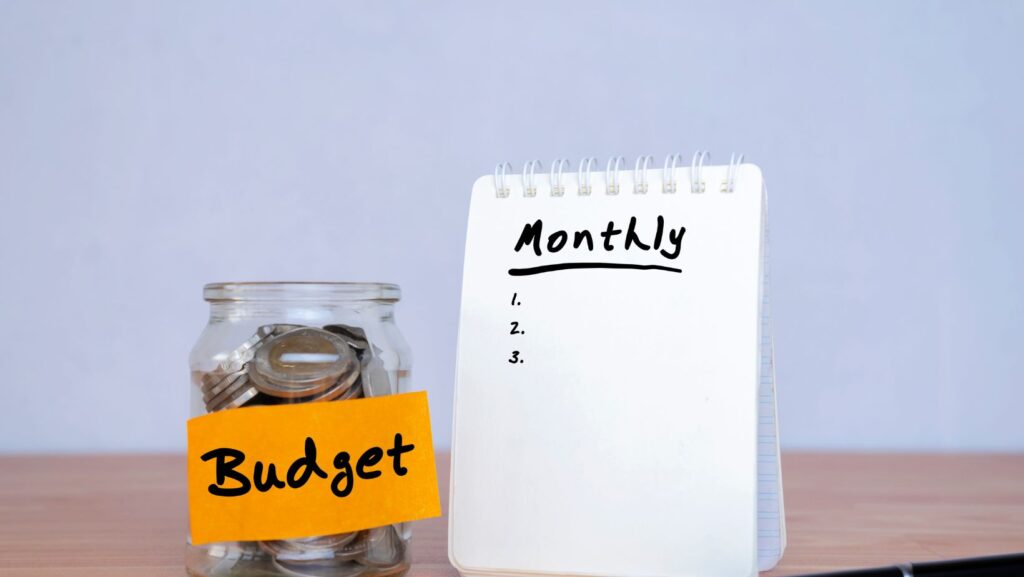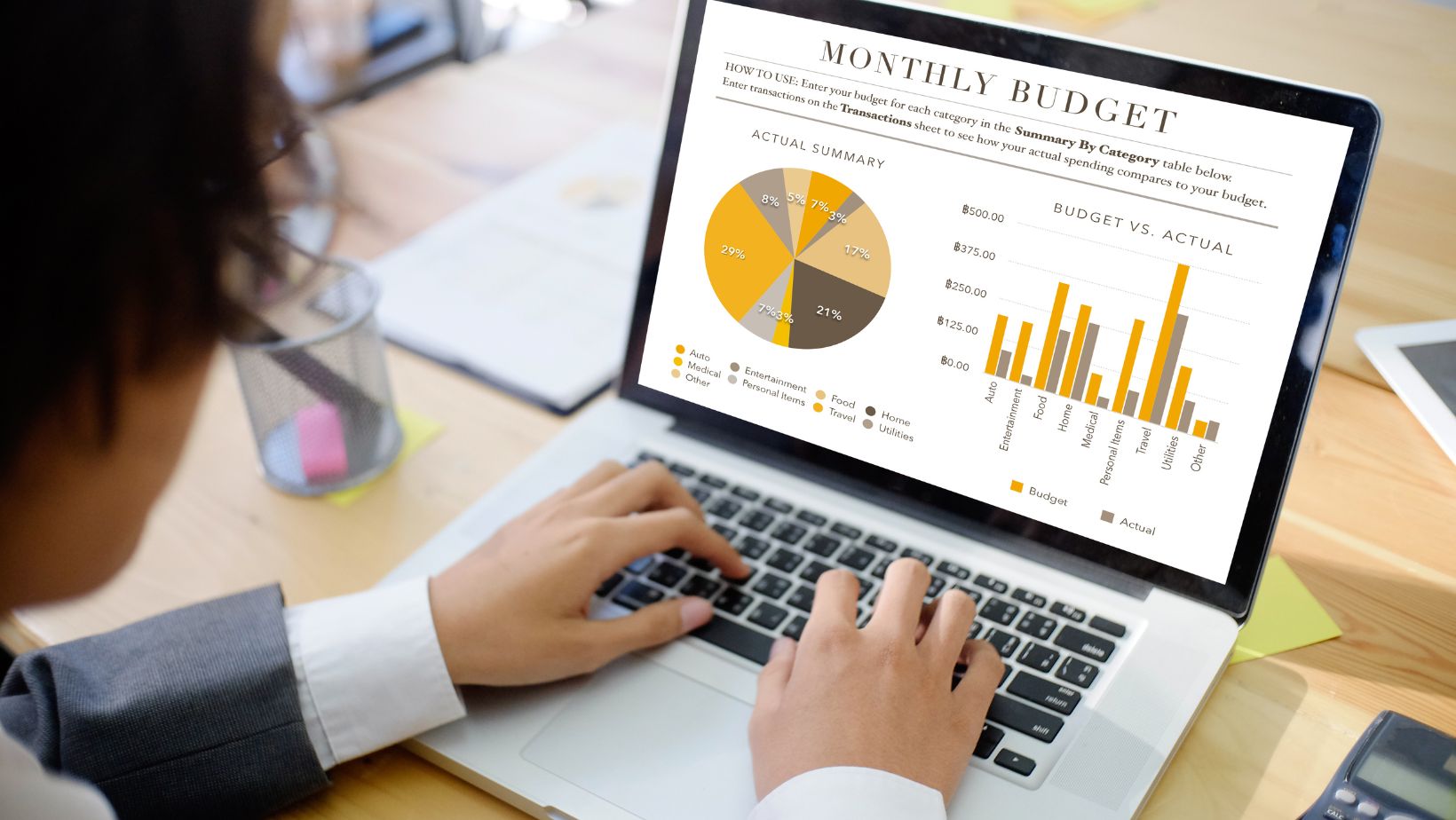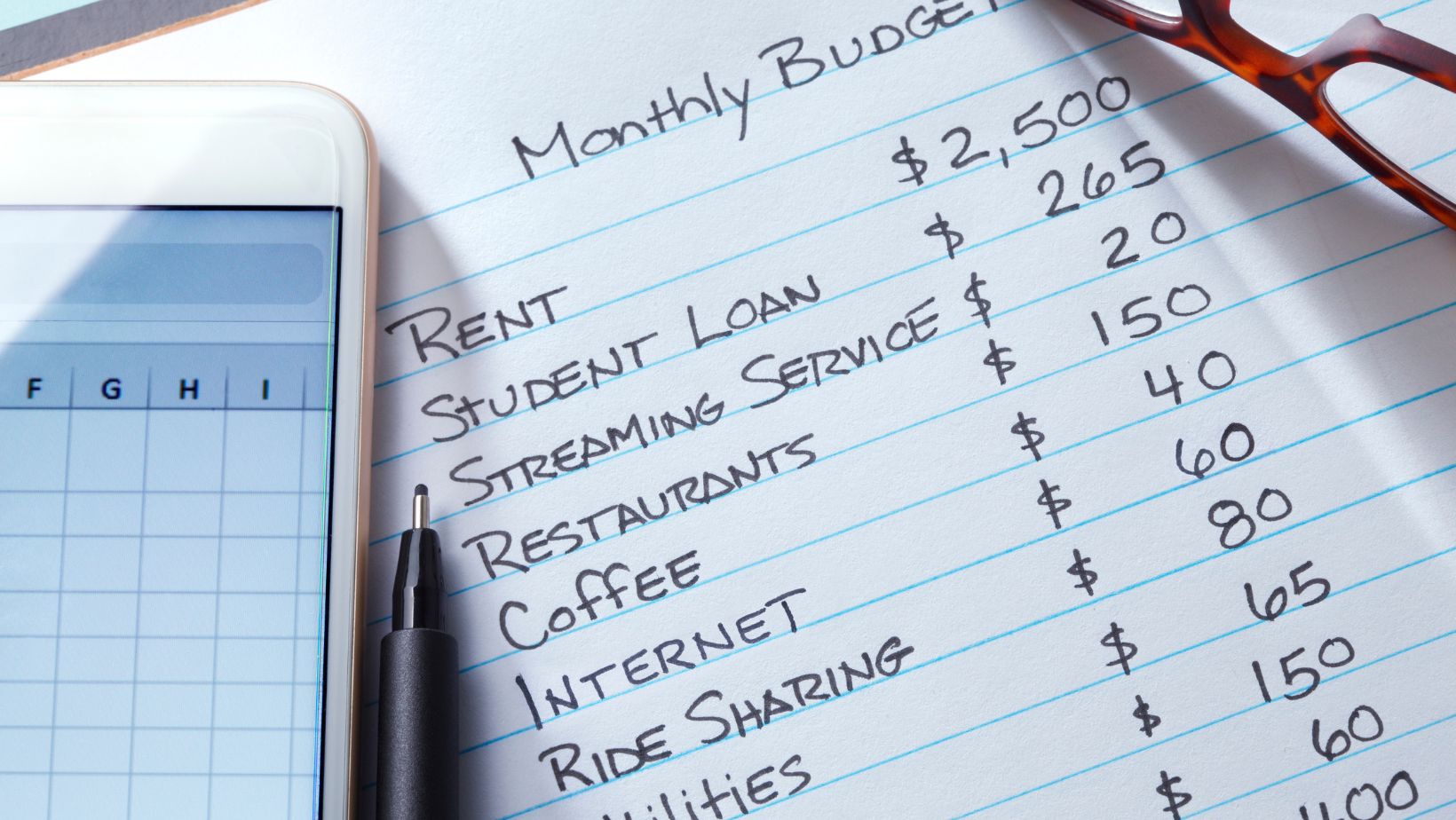
Creating a monthly budget is the foundation of effective financial management. It helps you track your income and expenses, avoid unnecessary debt, and achieve your financial goals. However, many people find sticking to a budget challenging. With the right strategies and a realistic approach, you can develop a budget that works for your unique circumstances.
This article outlines practical steps to create and maintain a budget, focusing on tools and techniques that ensure long-term success. From prioritising debt repayment to building flexibility into your plan, these tips will help you take control of your finances.
1. Understand Your Income and Expenses
The first step in creating a budget is to understand your total income and monthly expenses. List all sources of income, including salary, benefits, or freelance earnings, and categorise your expenses into fixed (e.g., rent, utilities) and variable (e.g., groceries, entertainment).
This clear picture of your finances helps you identify areas where you may be overspending. Knowing your financial limits ensures that your budget is realistic and tailored to your lifestyle. By understanding your income and expenses, you lay the groundwork for a budget you can stick to.
2. Prioritise Early Debt Repayment
Debts such as credit cards, short term loans, loans for bad credit, etc., can derail your financial stability. Include debt repayment as a priority in your monthly budget. Focus on paying off these debts early to reduce the overall interest you pay and free up more money for savings or other goals.
Use methods like the avalanche approach (targeting high-interest debts first) or the snowball method (starting with smaller balances for quick wins). Prioritising debt repayment helps you achieve financial freedom and reduces stress, making it easier to stick to your budget.
3. Set Realistic Financial Goals
Setting clear and realistic financial goals keeps you motivated to stick to your budget. Break your goals into short-term (e.g., saving £500 for an emergency fund) and long-term (e.g., saving for a house deposit). Ensure your goals are achievable within your income limits and prioritise them based on importance.
Having specific goals gives your budget a purpose and helps you focus on what matters most. Regularly revisit your goals to track progress and make adjustments as needed.
4. Use the 50/30/20 Rule as a Framework
The 50/30/20 rule is a simple budgeting framework that divides your income into three categories: 50% for needs, 30% for wants, and 20% for savings or debt repayment. This approach provides a balanced way to allocate your money while allowing flexibility for discretionary spending.

Adjust the percentages to suit your circumstances, such as increasing savings if you have specific financial goals. Using this framework ensures you cover essentials while building a financial safety net and enjoying life within your means.
5. Track Your Spending Regularly
Tracking your spending is essential for staying on top of your budget. Use a notebook, spreadsheet, or budgeting app to record every expense, no matter how small. Categorise your spending to see where your money goes and identify areas to cut back.
Regular tracking keeps you accountable and helps you avoid overspending. Reviewing your expenses at the end of each week or month ensures you stay aligned with your budget and allows for necessary adjustments.
6. Build an Emergency Fund into Your Budget
Unexpected expenses, such as car repairs or medical bills, can disrupt your budget. Building an emergency fund ensures you’re prepared for such situations without resorting to credit. Allocate a portion of your income to this fund each month until it reaches three to six months’ worth of living expenses.
Treat your emergency fund as a non-negotiable part of your budget to prioritise financial security. Having this safety net reduces stress and ensures your budget remains intact during unforeseen circumstances.
7. Adjust Your Budget for Variable Expenses
Variable expenses, such as utility bills or groceries, can fluctuate monthly. Plan for these changes by setting an average amount based on past spending. Allocate a buffer in your budget to account for unexpected increases.
Review these categories regularly to ensure they remain realistic and make adjustments as needed. Flexibility in handling variable expenses makes your budget more practical and helps you stick to it long-term.
8. Use Budgeting Tools or Apps
Budgeting tools and apps simplify tracking and managing your finances. Apps like YNAB (You Need a Budget) or Money Dashboard are popular in the UK and offer features like expense categorisation and spending insights.

Choose a tool that suits your needs and make it a habit to update it regularly. Digital tools provide real-time updates on your financial progress, making it easier to stick to your budget and achieve your goals.
9. Avoid Impulse Purchases and Stick to Your Plan
Impulse purchases can quickly derail your budget. Create a shopping list before heading to the store and stick to it. Use strategies like the 24-hour rule, where you wait a day before making non-essential purchases.
Limiting impulse spending ensures that your money goes towards planned expenses and savings goals. Practising discipline and mindfulness in your spending habits helps you stick to your budget and avoid unnecessary financial strain.
10. Feedback and Revise Your Budget Monthly
Your financial situation can change over time, so it’s important to review and revise your budget regularly. At the end of each month, assess your spending and savings to see what worked and what didn’t. Adjust your budget to reflect changes in income, expenses, or goals. Regular reviews ensure your budget remains relevant and effective, making it easier to stick to in the long run.
Conclusion
Creating a monthly budget, you can stick to is about understanding your finances, setting realistic goals, and building flexibility into your plan. By tracking your spending, prioritising debt repayment, and using tools to simplify the process, you can take control of your money and achieve financial stability.
Start with small, manageable changes and refine your budget over time to make it a sustainable part of your life. A well-crafted budget not only helps you save money but also reduces stress and provides peace of mind.







